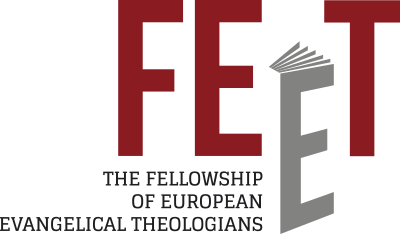European Journal of Theology Issue 33.2 (October 2024)
The present issue is a themed issue about the study of revivalist Protestantism. Some of its articles are based on papers read at the conference of the European Academy of Religion on Religion from the inside in 2023. The opening editorial by Christoph Stenschke introduces the topic of the issue from a biblical-theological perspective, viz. Luke the historian. Church historian Andreas Heiser discusses two perspectives on historiography, the ‘emic’ and the ‘etic’ aka as ‘insider’ and ‘outsider’ perspective. Heiser recalls that the distinction between emic and etic perspectives originated with the linguist and anthropologist Kenneth L. Pike.
Markus Iff analyses the relationship between the theological self-understanding and the social responsibility of the Protestant Free Churches in Germany from a systematic-theological perspective. Matthias Ehmann writes on the same topic from the perspective of intercultural theology, focussing on recent discourses about the study German evangelicalism.
Gero Menzel and Caroline Sosna use ethnographic methods to take a cultural-scientific look at two movements at the interface of evangelicalism and Pentecostalism, ICF and C3. They test and approve three concepts from the sociology of religion: ‘eventisation’, ‘movement’ and ‘scenefication’. Frank Hinkelmann offers a case study of personal church historiography with his contribution on the nineteenth-century missionary, Bible translator and orientalist William Schauffler. Ian M. Randall sheds light on the 1859 Revival in Ireland. Starting with its contemporary significance, Randall shows its historical background and brings the voices of advocates and critics to the fore.
Truls Liland, John Daniel Andersen and Jan Inge Jenssen examine two Norwegian revivals: the Haugean revival and the Pentecostal revival. They focus on the relationship between revival and societal change, using ideas from social science and organisational theory. All in all, this is a volume reach in methodological as well as historical content.
A good number of fascinating book reviews form the usual conclusion of this issue.

